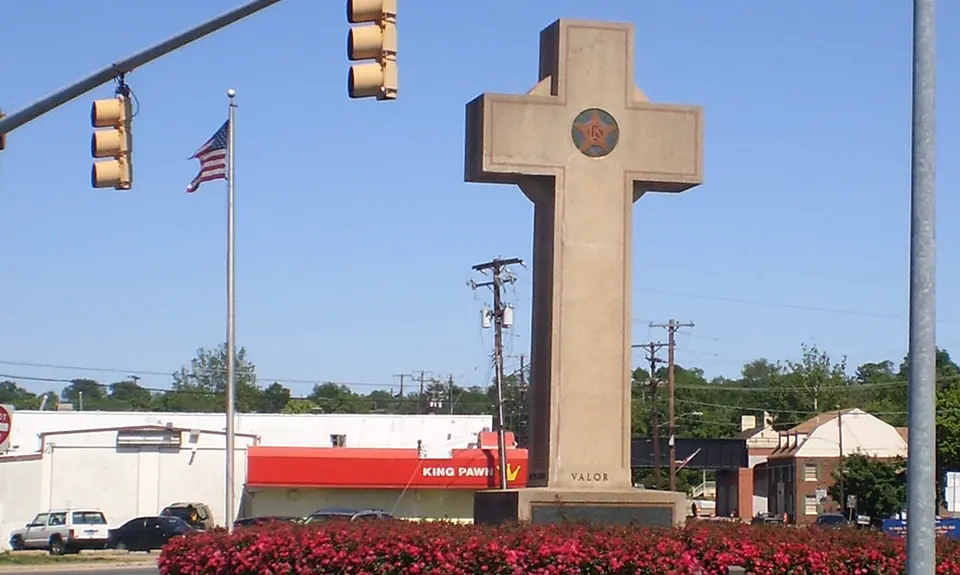Although separation of church and state is a well-established pillar of First Amendment law, with Justice Kavanagh confirmed and the Supreme Court now swinging further right, this fundamental principle is under attack. In a new op-ed published by The Hill, PFAW Senior Fellow Elliot Mincberg discusses a Supreme Court case that is set to be argued next month concerning the constitutionality of a forty-foot, 90-year-old memorial cross displayed and maintained by a state agency in Bladensburg, Md. The initial briefs filed by the American Legion argue that it is perfectly legal for the government to promote or endorse a religion, which means this case has the potential to set a very dangerous precedent for future First Amendment cases.
Mincberg explains that:
Now that the court has turned decidedly to the right with the confirmation of President Trump’s nominees, Justices Brett Kavanaugh and Neil Gorsuch, the American Legion’s lawyers and supporters are arguing that the court should upend numerous court decisions and rule that the government can legally take action to promote or endorse a specific religion. This would effectively turn those who do not believe in that religion into second-class citizens.
Specifically, even though the formal questions presented in the case relate narrowly to whether the Bladensburg cross violates the First Amendment’s Establishment Clause, the first legal argument in the American Legion’s brief proclaims broadly that “coercion, not endorsement, is the proper standard” to judge Establishment Clause claims. Former Reagan Justice Department lawyer Michael Carvin and the conservative First Liberty Institute urge in the brief that the court should “clarify” that “coercive state activity” is required to violate the First Amendment.
